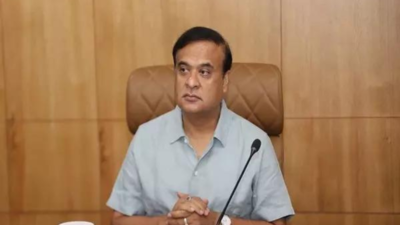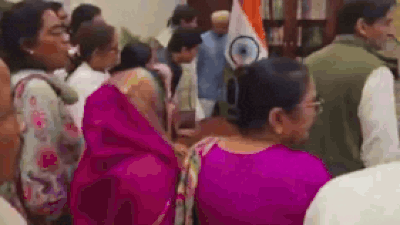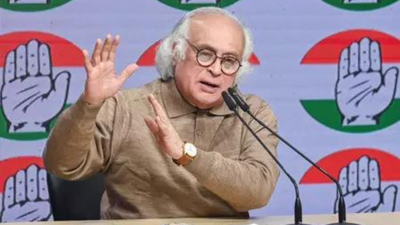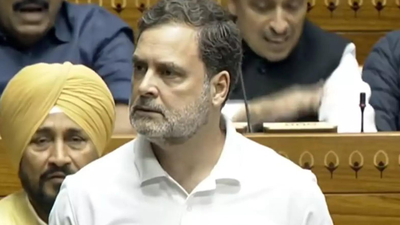‘Historic blunder’: Himanta says India missed chance to stop Pakistan from becoming nuclear state; claims Israel offered help | India News

NEW DELHI: Assam chief ministerHimanta Biswa Sarma said on Saturday that the Congress made a “historic blunder” by allowing Pakistan to become a nuclear power in the 1980s without taking action. He said Pakistan has since used “nuclear blackmail” to block international intervention.“At a time when nations today act decisively to neutralise nuclear threats, India’s tragic inaction during the 1980s remains a cautionary tale of what could have been—and what wasn’t,” the Assam CM said in a long post on X. Sarma said intelligence from R&AW had confirmed Pakistan’s uranium enrichment at Kahuta. In his post titled “Congress’s Historic Blunder: How India Let Pakistan Become a Nuclear State”, he claimed Israel offered help—from intel to joint strike planning. He said Jamnagar Air Base was shortlisted as a launch site and the Indian military supported a pre-emptive strike on Kahuta.“India had the capability and consensus to eliminate the threat before it became a reality. Yet at the last minute: Indira Gandhi hesitated, fearing international fallout,” the chief minister alleged. He added that Rajiv Gandhi later “shelved the plan, prioritising diplomacy over deterrence under foreign pressure”. According to Sarma, in 1988 Rajiv Gandhi signed a no-strike nuclear pact with Pakistan’s Benazir Bhutto, pledging not to attack each other’s nuclear sites. He noted, “A decade later, Pakistan tested nuclear weapons in 1998. India was pulled into a costly nuclear arms race. Kargil, proxy terror wars, and cross-border strikes have since occurred under Pakistan’s nuclear shield.”“To this day, Pakistan uses nuclear blackmail to deter international action and legitimize its rogue behaviour,” he said. Sarma also accused the CPI(M), an INDIA bloc ally, of promising in their 2024 manifesto to roll back India’s nuclear deterrent if elected. “Where strong leadership demands resolve and foresight, Congress offered caution and delay. A historic window to safeguard India’s long-term security was squandered—for short-term diplomatic comfort,” he said.





